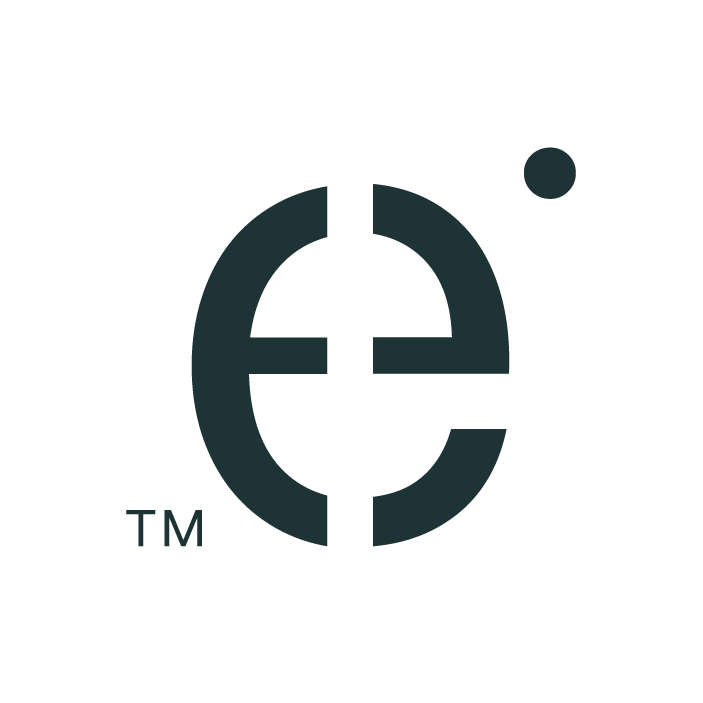

Edge Impact

New South Wales, Australia
April 2016
Environmental consulting
Service with Minor Environmental Footprint
Australia,
Chile,
New Zealand,
United States
Sydney based sustainability consultancy Edge Impact was established for the purpose of bringing value to organisations and people by effectively measuring, understanding and managing sustainability based on sound science. Edge’s team aspire is to be at the forefront of environmental change delivering pioneering work and solutions that create a positive legacy. Edge is a leading solutions provider and partner for life cycle thinking, industrial ecology, resource efficiency, sustainability measurement, supply chain management, procurement, and climate change adaptation. Edge is actively involved in researching innovative ways to address sustainability challenges in partnership with their clients. Edge strategy for being the preferred company to work with and for is to be a constant innovator. It is in Edge’s DNA to invest in and constantly explore better ways to create value and innovate for good. Edge believes sustainability will only become the norm for organisations when it can be reliably measured and understood. Edge wants to be part of the solution, to fill the significant gap between recognising the problem we face from a planetary and societal perspective, and being able to address the issues within the economies in which we all operate.
Overall B Impact Score
Governance 19.7
Governance evaluates a company's overall mission, engagement around its social/environmental impact, ethics, and transparency. This section also evaluates the ability of a company to protect their mission and formally consider stakeholders in decision making through their corporate structure (e.g. benefit corporation) or corporate governing documents.
What is this? A company with an Impact Business Model is intentionally designed to create a specific positive outcome for one of its stakeholders - such as workers, community, environment, or customers.
Workers 27.0
Workers evaluates a company’s contributions to its employees’ financial security, health & safety, wellness, career development, and engagement & satisfaction. In addition, this section recognizes business models designed to benefit workers, such as companies that are at least 40% owned by non-executive employees and those that have workforce development programs to support individuals with barriers to employment.
Community 18.0
Community evaluates a company’s engagement with and impact on the communities in which it operates, hires from, and sources from. Topics include diversity, equity & inclusion, economic impact, civic engagement, charitable giving, and supply chain management. In addition, this section recognizes business models that are designed to address specific community-oriented problems, such as poverty alleviation through fair trade sourcing or distribution via microenterprises, producer cooperative models, locally focused economic development, and formal charitable giving commitments.
Environment 7.0
Environment evaluates a company’s overall environmental management practices as well as its impact on the air, climate, water, land, and biodiversity. This includes the direct impact of a company’s operations and, when applicable its supply chain and distribution channels. This section also recognizes companies with environmentally innovative production processes and those that sell products or services that have a positive environmental impact. Some examples might include products and services that create renewable energy, reduce consumption or waste, conserve land or wildlife, provide less toxic alternatives to the market, or educate people about environmental problems.
Customers 28.5
Customers evaluates a company’s stewardship of its customers through the quality of its products and services, ethical marketing, data privacy and security, and feedback channels. In addition, this section recognizes products or services that are designed to address a particular social problem for or through its customers, such as health or educational products, arts & media products, serving underserved customers/clients, and services that improve the social impact of other businesses or organizations.
What is this? A company with an Impact Business Model is intentionally designed to create a specific positive outcome for one of its stakeholders - such as workers, community, environment, or customers.